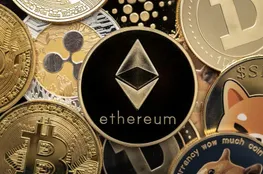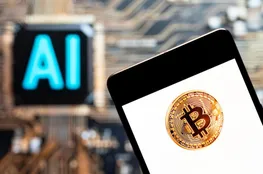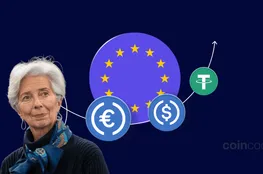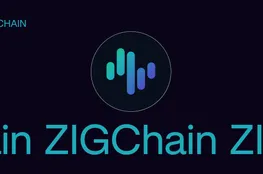Sam Altman's crypto venture, initially known as Worldcoin, has been relaunched with significant changes. The project, now rebranded as "World," marks a departure from its original cryptocurrency-centered identity. Accompanying this rebranding is a new piece of iris-scanning hardware called the Orb, alongside a fresh strategic roadmap, all unveiled at an event in San Francisco by Altman and Tools for Humanity, the startup behind the project.
The rebranding signals a shift from a purely crypto-centric approach to a broader mission, as confirmed by Alex Blania, CEO of Tools for Humanity. Initially, the project intended to offer Worldcoins in return for eye scans, a plan that never came to fruition. Now, the strategy involves expanding beyond the cryptocurrency realm. When questioned about Sam Altman's involvement, Blania clarified that while Altman, also the CEO of OpenAI, spends some of his time on World, both initiatives function independently. Nonetheless, the prospect of integrating World’s cryptocurrency with AI technologies like ChatGPT hasn't been completely dismissed.
World's fundamental vision revolves around a future where distinguishing humans from bots online becomes challenging due to advancements in artificial intelligence. To address this, the startup plans to offer "human verification services" using blockchain technology. Additionally, they aim to democratize the benefits of AI by distributing wealth generated through Worldcoins. Although the rebranded initiative has encountered scrutiny concerning privacy and financial practices, notably from governments in Kenya and various European Union nations, its operations have resumed in Kenya, while some European investigations continue.
At the launch event, the roadmap for World was outlined, emphasizing expansion. With the initial goals of developing the Orb and establishing a blockchain-based network achieved, the focus now shifts to exponentially increasing verified user numbers. Currently, World counts seven million verified users but aims for a significantly larger base. To support this growth, Tools for Humanity unveiled an advanced Orb capable of faster scanning and streamlined production. Partnerships, like the one with Rappi in Latin America, will facilitate user verification in settings such as coffee shops and homes. Additionally, the new Deep Face tool was introduced to tackle online deepfakes and impersonation, integrating human verification tools into communication platforms like FaceTime and Zoom.
Also announced was a beta version of the World ID credential, which provides online identity verification without exposing unnecessary personal data, distinguishing it from traditional government-issued IDs. However, building user trust remains a formidable challenge. During the event, attendees were asked to verify their identities with government IDs, raising concerns about privacy among potential users, especially given Sam Altman's involvement and prior controversies around OpenAI.
As World strides into its next phase, it faces the complex task of overcoming trust issues while aiming to merge AI, blockchain, and identity verification technologies globally. Whether it can achieve its ambitious objectives amidst such challenges is yet to be determined.
























